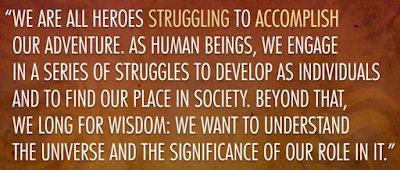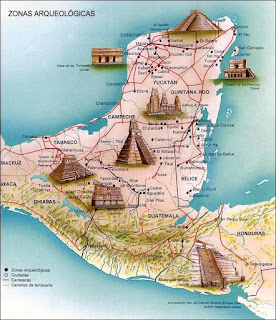Week 7 Story: Tamatori's Sacrifice

Tamatori's Sacrifice I died too young, but I did it for love. Perhaps that sounds dramatic, but let me explain. I had long been in love with Prime Minister Takeuchi, having seen him roaming the city often, pacing by the cliffs thoughtfully and delivering calm, reasoned speeches in the town square on behalf of our Empress. I never did anything, because I knew that someone like him could only marry royalty, and I was just an ama , a fisher-maiden. I earned my living by diving under the surface of the ocean for fish, crab, octopus, even pearls, anything that I could get my hands on. We occupied different worlds; how could I expect someone like the minister to even notice me? One day, I came upon him standing on the cliffs overlooking the rolling waves. He had his swords out, ready to engage in the ritual suicide of seppuku . I broke my tradition of silent longing and ran to him, throwing my arms around Takeuchi to stop him from throwing himself onto his swords. &quo















